We are excited to be funding four CERCLL Faculty Research Fellowships this year: congratulations to CERCLL Faculty Research Fellows Dr. Jhonatan Henao-Muñoz, Dr. Liudmila Klimanova, Dr. Shelley Staples, and Dr. Phyllis Taoua!
Jhonatan Henao-Muñoz, Assistant Professor of Practice, W.A. Franke Honors College
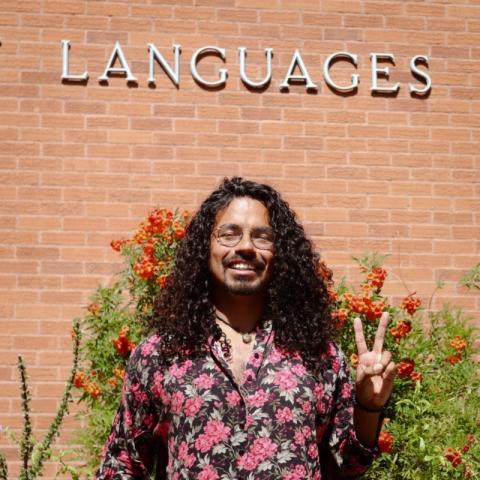
Creating Inclusive Spanish Language OER for Additional & Heritage Language Classrooms
Over the last decade, there has been a growing focus on Inclusive Spanish Language, consisting of the use of non-normative forms such as latin@, latine, and latinx. These innovative forms aim to promote inclusiveness and validate non-binary gender identities. They are primarily used on social media platforms such as Twitter, Instagram, TikTok, and YouTube, by Spanish speakers, and within mass media such as online newspapers in Spanish. Although Spanish is considered a (bi)gendered language, with nouns being either masculine or feminine as in latino / latina, these new forms offer opportunities for the additional and heritage language classroom, especially for stakeholders within LGBTQIA+ communities. While Real Academia Español (RAE) discourages this “alienated” use, sociolinguistics research suggests that language use can vary and result in change beyond the linguistic norm. Therefore, by collecting, analyzing, and developing teaching/learning OER, these new forms can benefit not only additional language learners but also the heritage language experience.
This project will collect and analyze social media (Twitter, YouTube, Instagram, TikTok) from Spanish speakers and mass media (online newspapers in Spanish), as well as scholarly articles referring to / addressing inclusive Spanish language. Then, based on the data, it will propose best practices / guidelines, and develop pedagogical materials desigened under an OER license, as well as a webinar explaining their use.
Liudmila Klimanova, Assistant Professor, Department of Russian and Slavic Studies and Second Language Acquisition and Teaching (SLAT), College of Humanities; with Lara Lomicka, Professor of French and Applied Linguistics, University of South Carolina
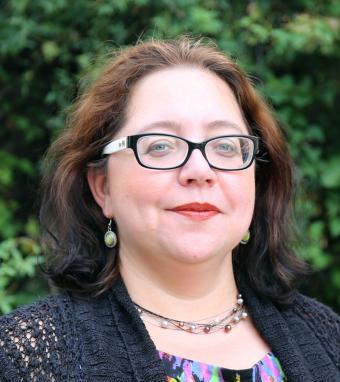
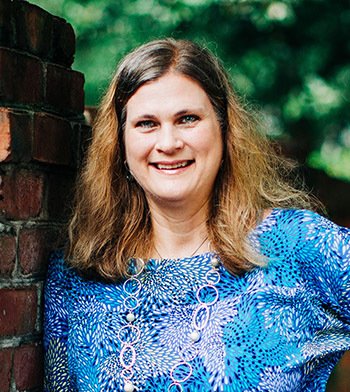
The Multimodality and Intersectionality of Place-Based Learning
This project involves the development of materials related to the multimodality and intersectionality of place-based learning leading, to the development and distribution of a survey for K-16 language teachers to assess their beliefs and attitudes on place-based pedagogy in L2 teaching. Results from the survey will guide the creation of a website with activities and pedagogically-sound materials for learning more about place-based pedagogy. A white paper and conference presentations/workshops will highlight findings and outcomes.
➤➤➤The web resources created by this project are now available, here!
Shelley Staples, Associate Professor, Department of English and Second Language Acquisition and Teaching (SLAT), College of Social and Behavioral Sciences
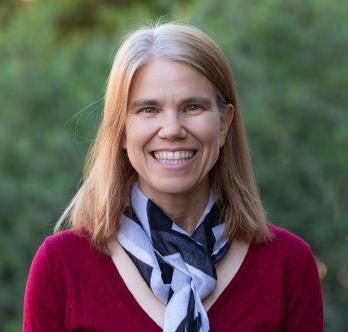
Modeling Spoken Learner Corpus-Based Instruction for Less Commonly Taught Languages
Corpora are large, principled databases of spoken or written texts that have been shown to be effective for language learning (Vyatkina & Boulton, 2021). However, little research has focused on 1) less commonly taught languages (e.g., Russian and Portuguese); 2) use of corpora for spoken activities; 3) use of learner corpora. Learner corpora, based on student writing/speech, can be used to promote an asset-based approach to language learning, showing students the value of speaking and writing like their own (Staples, 2022a).
This proposal is part of a larger CERCLL project on Portuguese and Russian language learning which utilizes a learner corpus called Multilingual Academic Corpus of Assignments – Writing & Speech (MACAWS). The CERCLL Faculty Fellowship will support the creation of spoken learner corpus activities for Portuguese and Russian classrooms, which will contribute to pedagogy for less commonly taught languages, and provide models for the use of (spoken) learner corpora in language teaching.
Phyllis Taoua, Professor, Department of French and Italian, College of Humanities
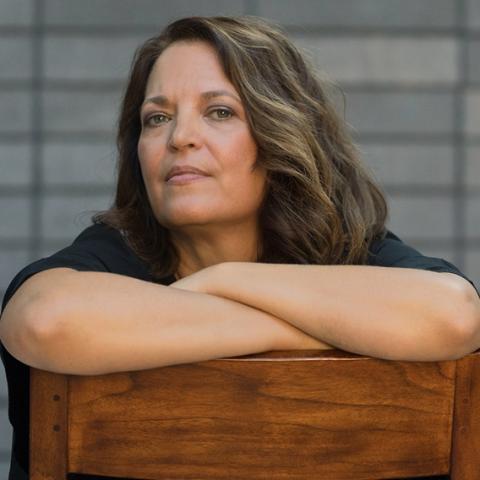
“Documenting Freedom in Africa” Audiovisual Archive Expansion
This project will expand an existing audiovisual archive documenting the meaning of freedom in African languages across contexts. The expansion of the Documenting Freedom in Africa archive has three components: (1) developing a new webpage with pedagogical resources; (2) creating a teaching toolkit with syllabi and exercises; and (3) filming approximately 20 interviews in West African languages available to us in Senegal. Team members include an UArizona student assisting with pedagogical materials, a consultant in Senegal, and Phyllis Taoua who is project lead.
The archive is significant because it values cultural agency in languages indigenous to Africa and helps reevaluate the Western origins of freedom in relation to modern Africa in terms of geography, language, culture,
society and the histories of slavery and European colonial domination. Expanding this open access platform will enhance the content available to CERCLL, the UA community, as well as scholars and educators worldwide.
For further details about the CERCLL Faculty Research Fellowship program and links to previous funded projects, click here.
With gratitude to the funders of the CERCLL Fellows programs, including the University of Arizona’s College of Humanities, and in previous years, the Office for Research, Innovation and Impact.

